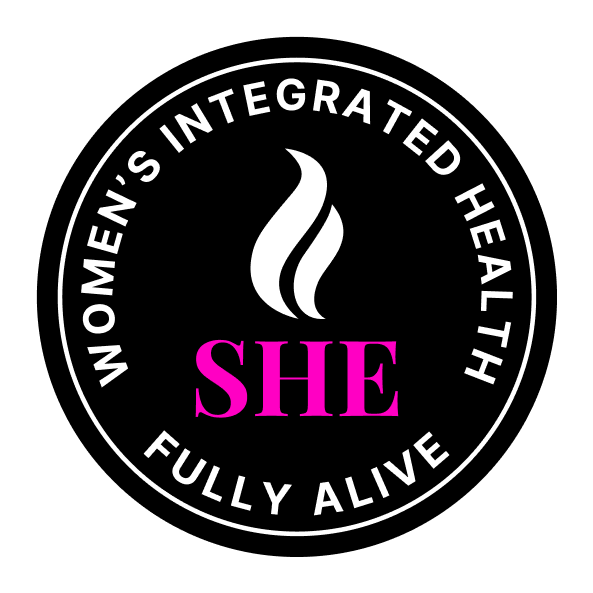
Spiritual Health

At SHE. FULLY ALIVE., Spiritual Health is the foundation for living with depth, purpose, and connection. It encompasses an individual’s search for meaning through relationship with the Divine, alignment with core values, and connection to something greater than oneself.
Spiritual health invites us to ask life’s most essential questions: Who am I? Why am I here? Through practices like prayer, meditation, contemplation, critical reflection, and service, we cultivate inner stillness, integrity, and clarity.
A spiritually grounded person experiences a sense of coherence between belief and action, feels deeply interconnected, and draws strength, comfort, or direction from rituals and reflection. At its highest expression, spiritual health supports self-realization—a “fullness of life which also embodies abstraction” (Gallego Jimenez & Bosch Rabell, 2016).
This embodiment includes somatic, emotional, cognitive, and perspective-based awareness. Self-realized individuals tend to be more self-accepting, compassionate toward others, able to recognize insincerity, and less influenced by stereotypes (Bocatto & Pérez-de-Toledo, 2020; Maslow, 1970).
At SHE. FULLY ALIVE., we honor this pillar as essential to one's integrated health and invite each woman to explore the spiritual practices that bring her closer to her truest self.
Our inner lives are something we neglect at our own peril, and many of the greatest problems we face in today's world are the result of such neglect.
-Dalai Lama
What We Believe
Research shows a steady decline in the willingness to regularly engage in religious communities. At She. Fully Alive, we recognize that many in Western society have become disillusioned by the rigid mindsets and cultural patterns often found in church life. We also acknowledge that the exclusivity—and even cruelty—present in much of mainstream religion bears little resemblance to the life and teachings of Jesus.
From our earliest years, the way we experience faith is shaped by those who raise us. Even with love and good intentions, these beginnings can sometimes plant patterns of fear or control rather than freedom. But it doesn’t have to stay that way.
At She. Fully Alive., we see you. The research points to the importance of a relationship with something beyond oneself for our well-being AND we recognize that we are all on a journey. You are safe here.


Religion vs. Spirituality
According to the Fetzer Institute (2022), a growing number of individuals are distinguishing between religion and spirituality. Their post-COVID research reveals important insights into this shift—and can be explored further through their interactive research page.
One of the most notable findings is the positive correlation between expansive spiritual practices and improvements in both mental and spiritual health. As the report states, “People are finding solace in their spiritual lives… revealing that spirituality is like a vaccine, inoculating people against isolation and despair” (Fetzer, 2022, p. 6).
Conversely, the research warns that a lack of spiritual grounding can negatively influence how individuals and communities respond to broader societal challenges, including threats to democracy and collective well-being.
But what does neuroscience have to say about this growing spiritual shift?
What Brain Research
Reveals About Spirituality
Groundbreaking research from Columbia University using fMRI brain scans across three generations has shown compelling links between spirituality and brain health. According to Miller (2021), “subjects for whom spirituality and religion were highly important had a healthier neural structure than those for whom spirituality and religion held medium, low, or no importance” (p. 150).
This structural difference was not limited to individuals within a specific faith tradition—it extended to anyone with a strong sense of spiritual awareness, including those without formal religious affiliation. Remarkably, spiritually engaged individuals demonstrated neural patterns that appeared to protect against the long-standing brain structures associated with depression.
Follow-up studies using MRI technology further revealed a thinning of the cerebral cortex in regions responsible for processing emotional stimuli. This thinning, which is associated with depression, resulted in a narrowed perceptual field. Even more significant, this neural marker was observed up to two generations beyond individuals who had experienced depression—in descendants who had not yet shown symptoms (Miller, 2021).
These findings underscore the potential of spiritual engagement to promote long-term emotional resilience, not just personally, but intergenerationally.


